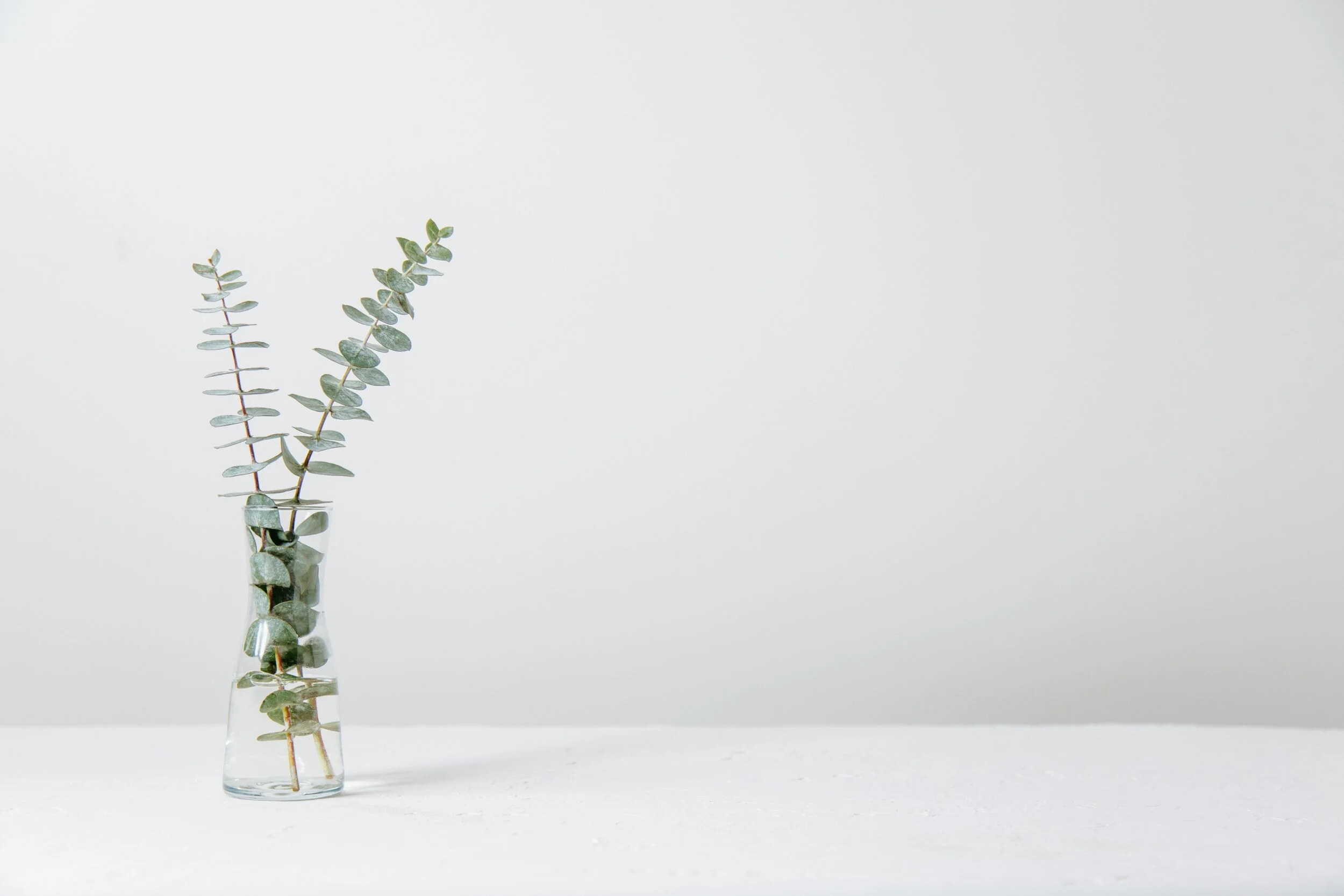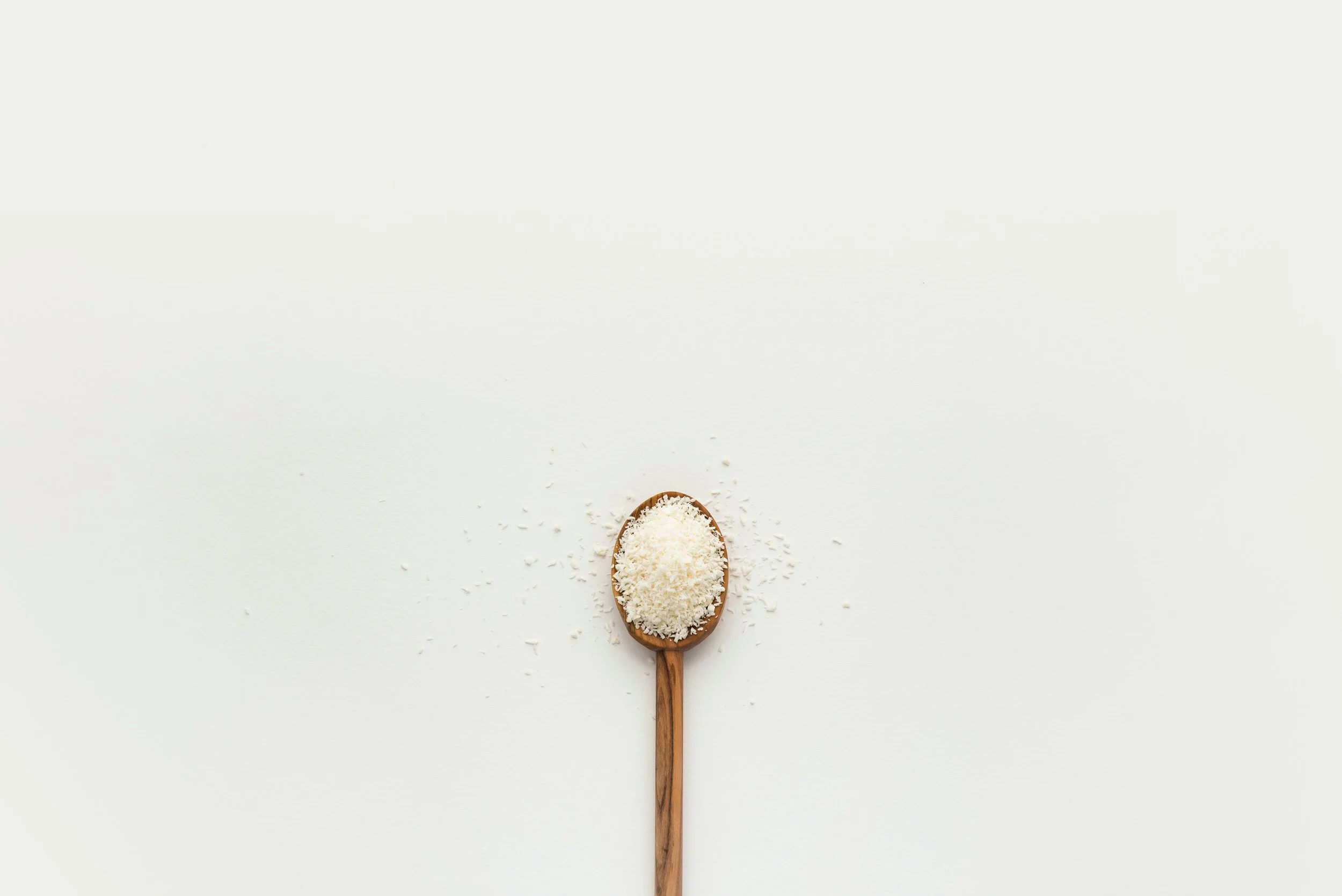It's raining in California this week. The gentle drumming of raindrops, smell of moist asphalt, and warmth of a candle next to my laptop or steamy cup of tea in my hands... It brings me back to the little delights of being alive. The ones that don’t cost money. That don’t hinge upon “success.” That are completely outside the undisciplined pursuit of more.
Does your life have a mission statement?
Something I’ve been reflecting on quite a bit recently (yes, also in light of reading Designing Your Life), is my life’s “mission.” The thing that drives the choices I make in everything from my career to my free time, and I have to say, it never fails to be incredibly motivating every time I return to it.
In my Intentional Careering course, I have our exercises culminate into a final “career” mission statement, which serves as a guide to provide direction and inspiration, but is also flexible enough to apply to many potential roles (including the one you might currently be stuck in). I generally propose coming to one by putting together your personal strengths and unique gifts with a greater aim or goal.
But I’ve recently been taking it one level higher and more largely framing the mission of my life - a statement of intent that reflects my fundamental beliefs about the world, a framework under which my work and the rest of my life falls, and an idea that captures how I personally view the meaning of my life (for now, anyhow)…
Practicing compassion
“There are very, very, very many people in the world today who will not have had the kind of breakfast that you had. Many, many millions in the world today are hungry. It’s not your fault, but you woke up in a warm bed, you were able to have a shower, you put on clean clothes, and you are in a home that is warm in the winter.” - The Dalai Lama and Desmond Tutu, The Book of Joy
Puts things into perspective pretty quickly, doesn’t it? When I returned from Southeast Asia last year, everything was a blessing. The amount I wanted or “needed” diminished immensely; I was grateful simply to be born in a country where 3 meals a day and functional plumbing were conveniences we could afford to take for granted. But - not unexpectedly - over time this newfound sense of perspective faded, and keeping up with those around me started to take precedence once again.
How to find your purpose through your strengths
One of the topics I found to be most valuable in our Positive Psychology class this semester was an exploration in both identifying and building on human strengths.
Most of you who have taken at least an intro psych class are likely familiar with the DSM, used as a manual for cataloging and diagnosing mental disorders as identified and defined today. However, when Martin Seligman (the “father of positive psychology”) called for the revival of the previously neglected positive aspects of the field, he and and Christopher Peterson came up with a classification of strengths and virtues to directly counterbalance the DSM’s focus on human deficits and afflictions.
Perspectives on happiness
We wasted no time in diving deeper into some of the central questions and themes surrounding happiness and ongoing happiness research in Week 2 of Harvard’s “The Science and Application of Positive Psychology.”
While it may sound like a simple subject, let’s start with just a couple thought starters:
Are you happy? Are you happy “enough”? Are you as happy as you want to be?
If your definition of “success” was simply to be happy, how would you be doing?
Should happiness be the main goal at all? What about the Zen idea of “transcending” happiness, rather than maximizing it?
Super Bloom
Without the rain there’d be no rainbow, no flowers, no spring. And what an incredible reminder the thriving blossoms and brilliant colors of California’s super bloom have been of just that this year.
According to Snyder’s Hope Theory, the way we approach the roadblocks in our lives, and the way that we use “pathways thinking” - or the the ability to see multiple routes around a setback or what might sometimes feel like a brick wall - is critical to our sense of hope. While often frustrating (especially when out of our control) it is often these exact moments that usually grow us the most - when we’re required to jump just a little bit higher than we’re used to, stretch ourselves in a new area, or forge some new neural connection.
What is Positive Psychology, And Why Am I Studying It?
Burnout. Anxiety. Quarter life crises. These aren’t just the challenges I’ve faced over the past few years, but they’ve also been the problems that have slowly begun to define our generation. Many of us have worked tirelessly toward dream jobs only to wrap our entire identities up in our work, internalized productivity so much that compromising even our self care routine is guilt-inducing, and watched countless others “successfully” juggle side hustles, passion projects, exotic trips, and daily salt baths across social media.












